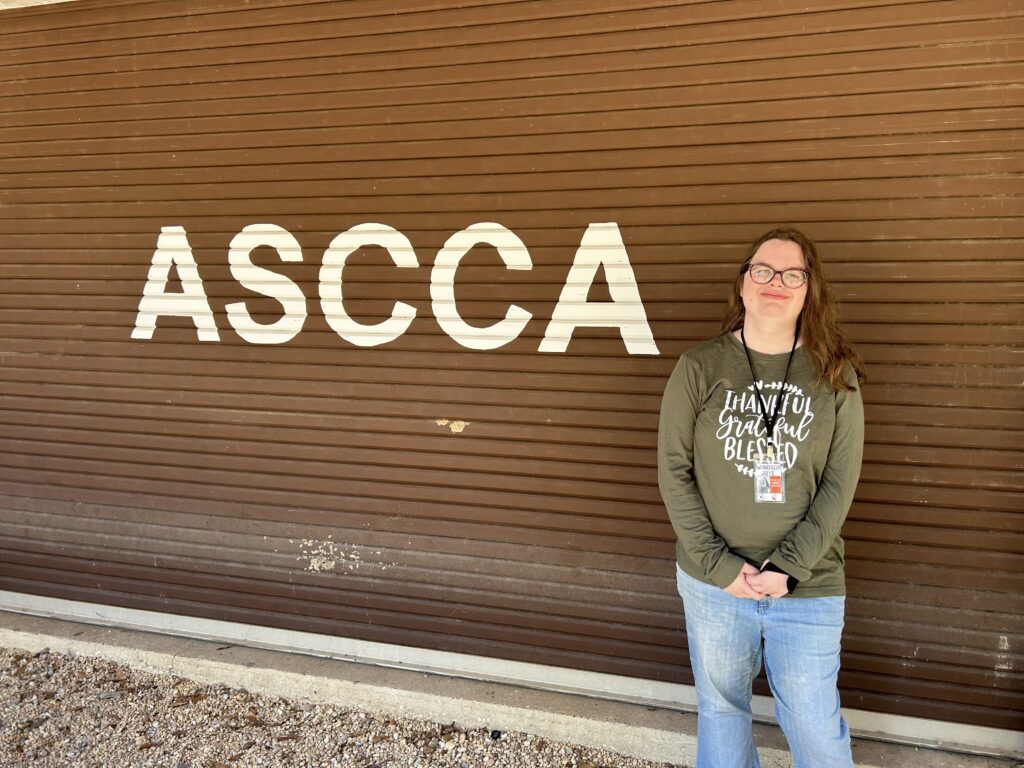
November is Epilepsy Awareness Month, which makes it special to me. I used to suffer from seizures, but thanks to the brain surgery I had in 2010, I do not have to worry about epilepsy anymore.
About 50 million people worldwide have some form of epilepsy, so epilepsy is very common. There have been many studies to show that epilepsy affects people differently. There are many types of seizures, with focal, tonic, clonic, and tonic-clonic being the most common ones.
I had tonic-clonic seizures, which used to be called grand mal seizures, and absence seizures. An absence seizure is a brief, non-motor seizure that involves staring and a loss of awareness; such seizures last only a few seconds, but I would have several per minute. As I got older, I could tell when a tonic-clonic seizure was starting when my lungs would stop working and I would get chest pain from it. Thank goodness, I always had just enough air to let those around me know I was having a seizure and needing help.
I met a girl at Camp ASCCA who has epilepsy, but her first red flag of a seizure starting was that her heart would stop beating. She would bring a bed rail to use on the bed at night so she would not fall off the bed if she had a seizure in the middle of the night. I, too, used to have a bed rail.
Interestingly enough, epilepsy and autism are closely linked conditions, although the exact relationship between them is not clear. According to the Epilepsy Foundation, they often occur together, and epilepsy is more common in autistic people than in the general population.
The survival percentage of epilepsy is 40%, and I am lucky that I was one of them, thanks to the surgery I had.
After I got out of surgery and got a little older, I tried as much as I could to learn more about epilepsy. While I am limited in what I can do, especially with my left arm and leg, I always try my best to find creative ways around limitations. We soon found OneHandCan.com and were able to get some of their everyday household items, like bowls, a cutting board, and unique cooking tools.
As I was researching about my brain’s current state post-surgery, I found out about Lumosity. I was 14 years old when I discovered it, but I continue to play the games on the app to this day. Lumosity is a brain game app that focuses on cognitive abilities, such as memory and attention. In the app, there are many games to test your neuropsychological skills and improve them. Some of my favorite games in Lumosity are Lost In Migration, Pirate Passage, Contextual, and Memory Serve.
In the game Lost in Migration, you have to touch the bird that is facing the wrong direction from the flock; however, you have only one minute to spot the bird as many times as you can. While in Pirate Passage, the player has to find a way to get to the treasure without running into the other ships. The game Contextual is basically proofing and editing an article about different topics and finding words that do not seem to fit in each paragraph. In the game Memory Serve, you are delivering luggage to the guests, but along the way, you also have to remember how many bags of blue and orange that you have collected.
I hope this helps you understand epilepsy a little more. Want even more information? You can view this video on YouTube by clicking here for more information about seizures and epilepsy.
If you want more details on my personal epilepsy surgery, you can do so by clicking here for more details.

Located in Alabama on Lake Martin, Camp ASCCA offers campers a wide variety of traditional recreational and educational activities with a unique design for accessibility.

Sign up for our eNewsletter to keep up with events and happenings at Camp ASCCA!